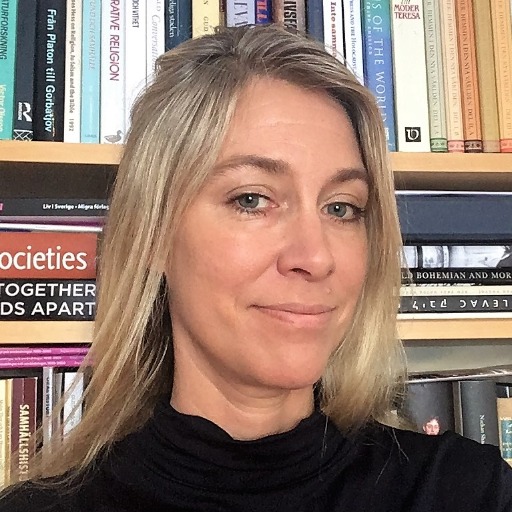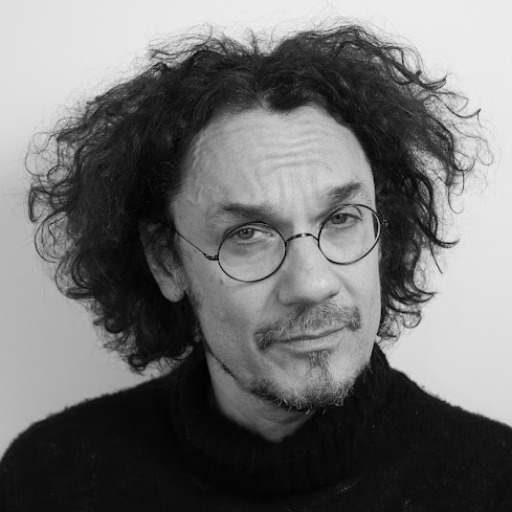A life dedicated to sustained collaboration with Holocaust survivors
Henry ‘Hank’ Greenspan, an emeritus psychologist, oral historian and playwright at the University of Michigan, is set to be made an honorary doctor with the Faculty of Education and Society.
The oral historian, psychologist and playwright Henry ‘Hank’ Greenspan, who has spent more than 50 years dedicated to deepening conversation with Holocaust survivors, is set to be an honorary doctor for the Faculty of Education and Society.
His long-term approach to engaging survivors is based on ongoing and evolving relationships rather than one-time testimonies. This method highlights the complexity and contingencies that shape survivors’ reflections and recounting.
My conversations with survivors have been recorded and unrecorded; some in formal contexts of retelling and others over a meal, a family gathering, a trip together – in other words, a whole life.
Henry ‘Hank’ Greenspan
Greenspan, a lecturer emeritus at the University of Michigan, forged ties with Malmö University when he started to work with Malin Thor Tureby, a professor of history with the Faculty of Education and Society, who invited him to be a keynote speaker at a conference at the Swedish Holocaust Museum.
“Since then, I would say that Malin has become not only a close colleague but a close friend –we're on the same wavelength in terms of intellectual convictions, commitments, and ethics,” he says.
Greenspan’s dedication to interviewing survivors started in 1971. While working on an unrelated research project, he found himself talking with a survivor:
“What would have been a two-hour research interview became a 10-hour conversation. That was really the beginning. He told me that I was the first person he'd spoken to about his wartime experiences, except with other survivors. This turned out, I later learned, to be very typical in those years.”
Since then, he has forged numerous collaborations with survivors; some on-going conversations have taken place over weeks, months and even decades.
“My conversations with survivors have been recorded and unrecorded; some in formal contexts of retelling and others over a meal, a family gathering, a trip together – in other words, a whole life. So, our discussions of the war were part of full relationships. Sustained acquaintance fosters trust. And trust fosters unusual clarity and candour.”
In his one-act stage play REMNANTS, Greenspan presents a trajectory of monologues grounded in his extensive work with survivors. It is as much about survivors’ experiences after the war as during. And as much about us, survivors’ listeners, as about survivors themselves.
“My favourite comment is when people say the play is “not what I expected”. Most people come to survivors’ recounting assuming, in essence, that they already know who survivors are and what they have to retell. A lot of my work, including REMNANTS, is designed to move us beyond those presumptions – it’s a high fence to get around!”
While he has applied this sustained conversation approach to survivors of the Holocaust, it has been applied by other researchers to survivors of other genocides, illnesses, and also to gay and ethnic studies.
Reflecting on the position of honorary doctor, Greenspan admits that it all feels rather surreal:
“I'm so used to being the outsider and in many ways the critic and the contrarian. But I love that I have established this connection. I am very happy to contribute and more than ready to do what I can to teach and facilitate, it's a great privilege to share one’s life’s work.”



